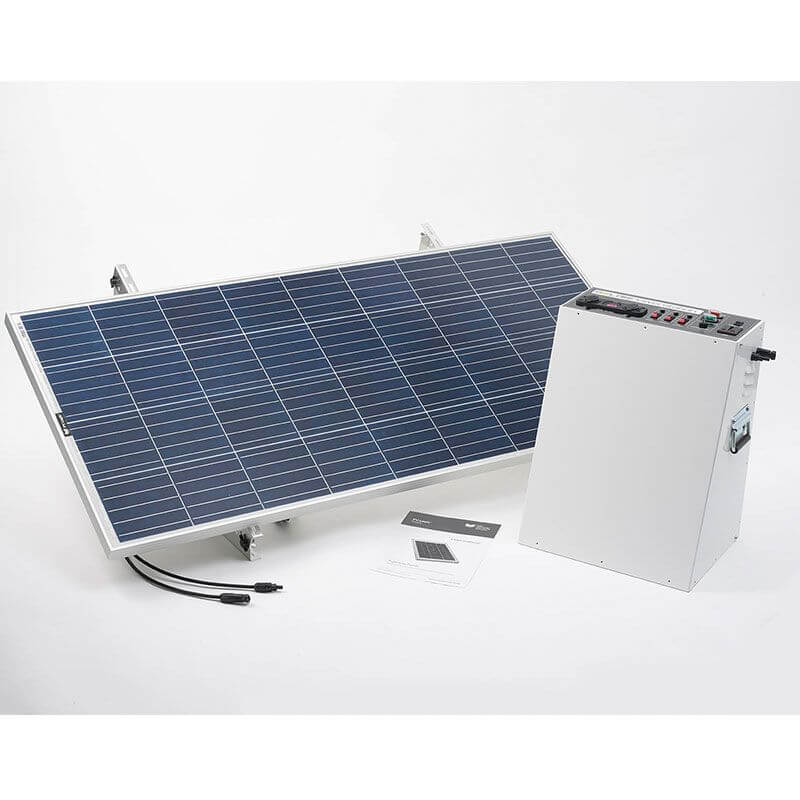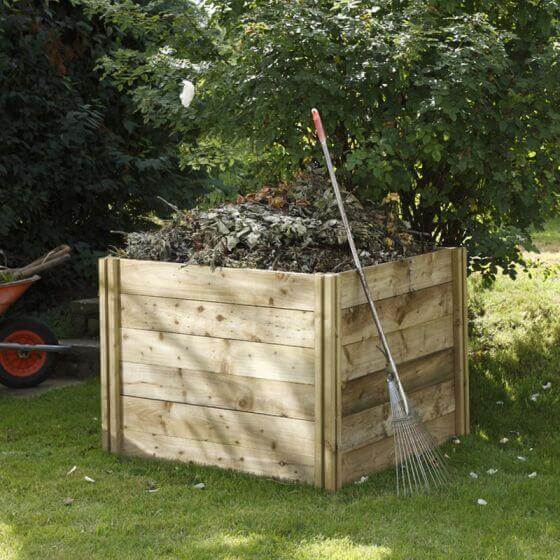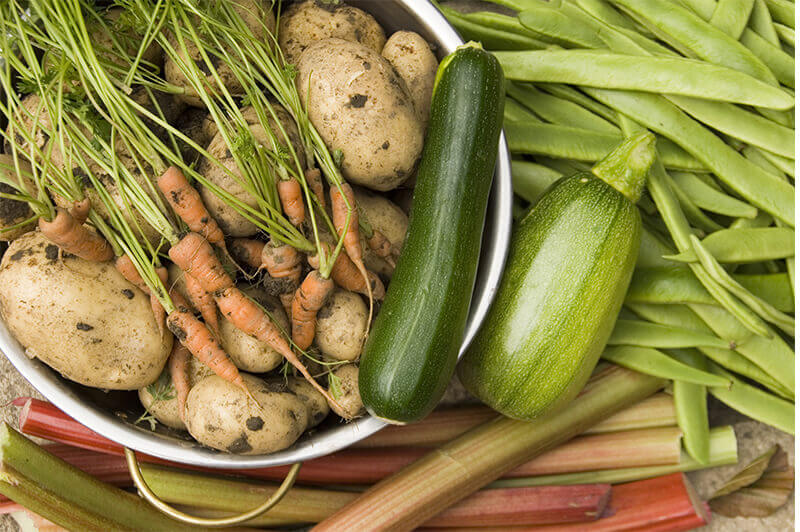
In recent decades, there has been an increasing emphasis towards sustainability, self-sufficiency, and reducing our environmental footprint. It is encouraging to see that the concepts of off grid living, and sustainable practices have gained significant traction.
Here we explore these principles in detail, read on to explore definitions, understand benefits and how to practically them in your life. Learn about harnessing solar energy with solar panel sheds and the advantages to you and the environment of cultivating off grid vegetable gardens.
Embrace these principles and enjoy an eco-friendlier and more fulfilling lifestyle.
What is sustainability?
Sustainability is a lifestyle, an everyday way of living that interacts with everything that we do. It is about protecting the precious use of the Earth's precious resources. Central to the philosophy of sustainability is the preservation of resources for future generations. There are many aspects of sustainability including social, economic, political, and various others.
Defining sustainable living
To live sustainably is to balance ecological health, social equity, and economic vitality. Adopting these practices leads to minimising the negative influence of humans on the environment while supporting healthy communities. Sustainable living entails various threads of action like decreasing waste and eco-conscious energy usage while also calling attention to fair trade and ethical practices in everyday life.
Sustainable living refers to:
“Practicing sustainability means making conscious choices that meet our current needs without harming resources for the future. This involves economic, environmental, and social decisions like reducing consumption, minimising waste, ethical consumption, and supporting community initiatives.”
Human activities and the environment
The health of the environment is closely tied to human activities, as recognised in sustainable living. Based on our actions - like choosing products and energy sources - there are consequences for ecosystems, air quality, water resources, and biodiversity. Understanding this interdependence calls our attention to methods that nourish instead of exploit natural resources, thereby promoting safety for both people and the earth.
Living in harmony with nature by using resources wisely
Mindful resource consumption is at the core of sustainable living. Efficient and responsible use of resources consequently reduces waste and minimises pollution. Wise decisions about using resources, and handling wastes are essential elements for living in balance with the environment. A harmonious relationship is crucial for ensuring the biodiversity and ecosystems of Earth remain intact for posterity.
A world where environmental stewardship, social equity, and economic prosperity converge requires a collective commitment to sustainability. By embracing and incorporating sustainable practices, we can build a more resilient, equitable, and thriving future.
The Importance of self-sufficiency
The advantages of self-sufficiency are numerous. Self-sufficiency not only helps you save money, but it also helps to safeguard the environment and keeps you safe from life's unforeseen events. Self-sufficiency offers numerous ways to live naturally and is healthy for the body and mind.
Reduce external resource usage
Listed below are eight ways to reduce external resource usage:
- Clothing – make and repair your own clothes
- Energy - generate your own energy (e.g., through solar panels, wind turbines, etc.,)
- Food – grow your own food and practice sustainable farming
- Heating and cooling – using alternative methods for heating and cooling homes
- Medical - grow medicinal plants and herbs to cater for basic health needs
- Transportation – adopt transport methods such as cycling, walking, or electric vehicles, etc.,
- Waste management - composting any organic waste and minimise your use of single-use items (e.g., plastic bottles)
- Water – harvest your own rainwater and effectively implement irrigation systems
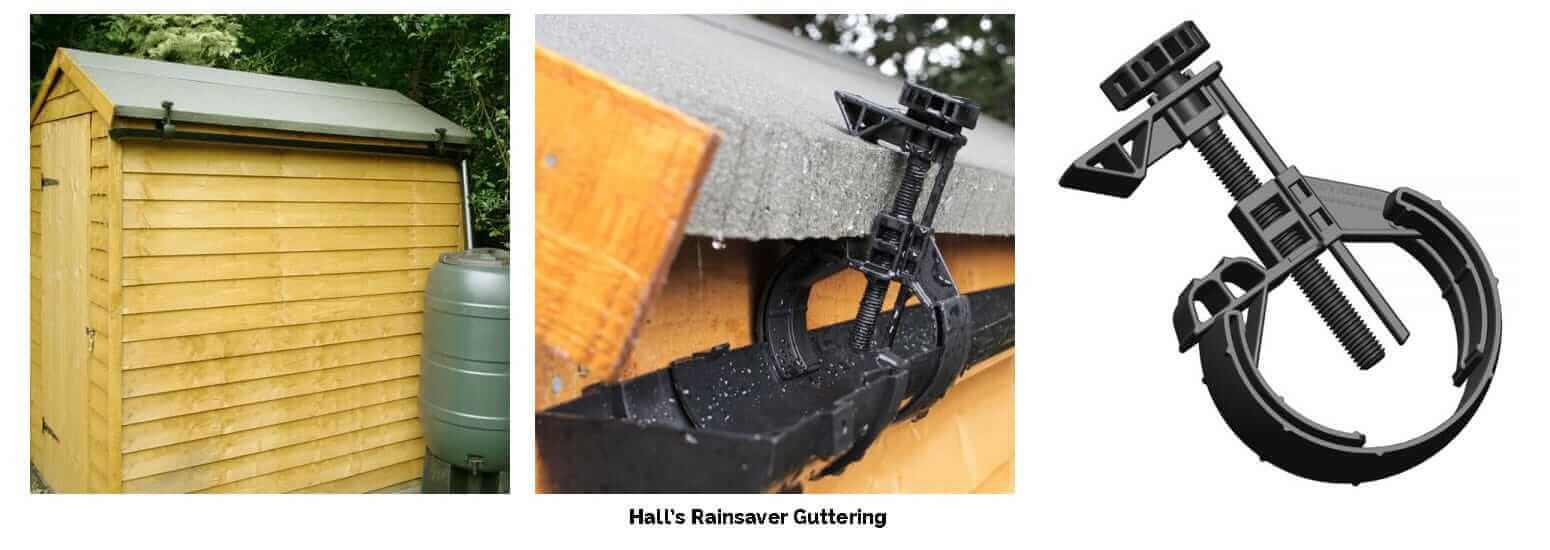

The role of self-reliance in achieving sustainability goals
Self-reliance (reliance on yourself) is an essential component of moving towards sustainability. By taking responsibility for your own resources, environmental strain is reduced. This also reduces the carbon footprint and helps to preserve nature locally and around the world.
A definition of “going off the grid”
“Going off the grid” is simply the deliberate decision to disconnect from traditional utility sources – such as electricity, water, and gas. This takes time and thought and necessitates the creation of self-reliant methods for energy generation, water supply, waste disposal, etc., Individuals adopting a “going off the grid” lifestyle have a mentality of reducing the use of utility resources and adopt renewable energy methods in conjunction with conservation strategies, and self-sustaining practices.
The environmental benefits delivered by off grid living
Off grid living creates many environmental advantages that contribute to a healthier planet.
Table - the positive ecological impacts of off grid living
Listed below, we have created a table of twenty positive ecological impacts that off grid living will deliver:
|
# |
Impact |
Detail |
|
1 |
Reduced carbon emissions |
Reduced dependence on fossil fuels and therefore reduced carbon emissions |
|
2 |
Decreased energy consumption |
Off grid living reduces energy consumption and the demand on power grids |
|
3 |
Minimised waste production |
Focusing on self-sufficiency leads to less consumption and waste |
|
4 |
Natural resources preservation |
Off grid practices conserve water, land, and raw materials usage |
|
5 |
Enhanced biodiversity |
Reduced environmental impact supports diverse plant and animal life |
|
6 |
Reduced air and water pollution |
Minimising air and water consumption results in cleaner air and water |
|
7 |
Less strain on ecosystems |
Reduces the pressure on ecosystems from resource extraction and pollution |
|
8 |
Conservation of land |
Lower energy consumption reduces the need for land-consuming power plants |
|
9 |
Protection of water supplies |
Responsible waste management helps protect water supplies |
|
10 |
Reduced deforestation |
Reduced use of wood translates to fewer trees being felled |
|
11 |
Soil health preservation |
Reduced chemical use creates healthier soils |
|
12 |
Mitigation of habitat loss |
Habitat destruction is reduced due to less resource extraction |
|
13 |
Lesser ecological footprint |
A natural benefit of a reduced environmental impact |
|
14 |
Lowered water scarcity |
Water usage minimisation contributes to the conservation of water |
|
15 |
Protection of marine life |
Reduced pollution benefits oceans and marine life |
|
16 |
Decreased light pollution |
Using fewer artificial lights benefits nocturnal animals and reduces energy waste |
|
17 |
Restoration of natural ecosystems |
Aids in restoring and maintaining native ecosystems |
|
18 |
Preservation of wilderness |
Supports the protection of untouched areas of wilderness |
|
19 |
Improved soil fertility |
Nutrient-rich soils are created, producing healthier crops |
|
20 |
Reduced pressure on services |
Lower demand reduces pressure on essential service providers |
How to become self-sufficient with sustainable garden solutions
Becoming self-sufficient extends to gardening, which can play a pivotal role in becoming sustainable. Through adopting eco-friendly practices and striving to learn how to become self-sufficient, homeowners will fully use their gardens. Developing sustainable garden solutions to produce food and reduce waste all contribute to an improved and healthier environment.
Sustainable gardening practices
Listed below are ten sustainable gardening practices, adopt these as part of a sustainable lifestyle:
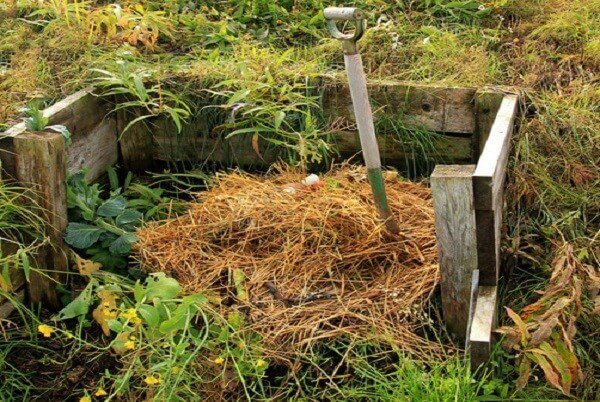

1. Companion planting - pair plants together that are beneficial to each other. This improves growth, deters pests, and promotes biodiversity
2. Composting – recycle your own organic kitchen and garden waste. This will become nutrient-rich compost, which will enhance soil structure and fertility
3. Crop rotation – practiced for centuries, rotate crops to prevent soil depletion, increase crop yields and reduce the risk of disease and pests
4. Mulching - applying organically produced mulch. This conserves soil moisture, suppresses weeds, and enriches the fertility of soil
5. Natural pest control - introduce beneficial insects and use natural repellents. This will reduce your dependency on the use of chemical pesticides
6. No-till gardening - avoiding tilling (turning over and breaking up the soil) to preserve soil structure. This prevents erosion and helps beneficial microorganisms
7. Polyculture planting - mixing different crops, helps to mimic how nature “would have intended”
8. Rainwater harvesting – this reduces dependency on external resources and collects rainwater for irrigation, whilst also minimising your water usage
9. Save seeds - collecting and store your own seeds
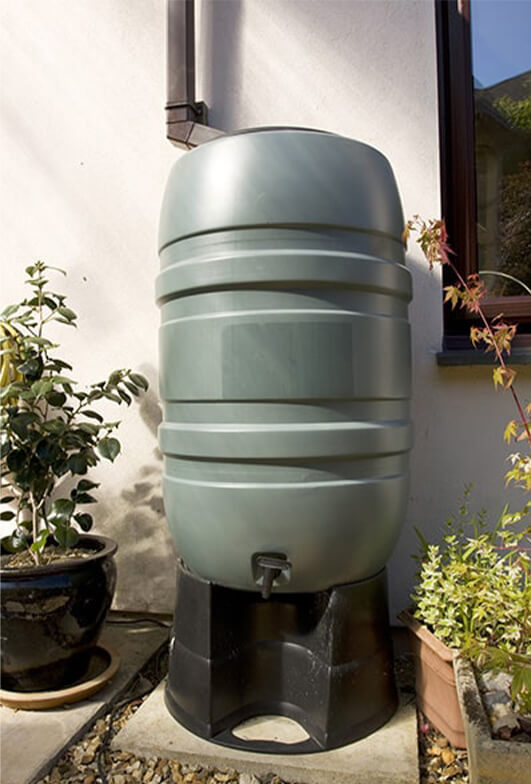

The role that sustainable gardening plays
Sustainable gardening is a healthy lifestyle choice that yields numerous benefits (e.g., healthier soil, water conservation, reduced external resource dependency, etc.,) Adopt sustainable gardening for plentiful harvests, where plants live in harmony with insects and microorganisms.
Harvesting solar energy with solar panels for sheds
If somebody asked you if you wanted “free electricity,” you would undoubtedly answer “yes.” Well, once you have paid for the solar panels, electricity is essentially “free” as it is harvested from the sun. Choose to strategically place solar panels for sheds, this is an innovative way to harvest your own clean and renewable energy.
This is an ultimate sustainable solution, which will reduce your carbon footprint, lower your electricity bills, and help to protect natural resources. Why not consider buying solar panels for sheds as part of an eco-friendly lifestyle?
Introducing the concept of solar panel sheds
Solar panel sheds have the utility storage value of traditional sheds, but the eco-friendly benefit of solar energy! Through the integration of photovoltaic panels into shed roofs or walls, solar panel sheds become an electricity power generator.
Invest in solar panel sheds to optimise your space, add value to your property and actively contribute to a more sustainable future.
The benefits of solar energy
Solar energy has many benefits which include:
- Energy security – manage your own energy reduction, there is no need to worry about rising electricity prices!
- Energy source diversity – this reduces your use of fossil fuels and non-renewable resources, which power companies almost certainly will be using
- Environmental impact – ultimately the end effect is a reduction of carbon emissions
- Financial savings – there is an obvious saving in ongoing electricity bills
- Grid independence – remove your dependence and reliance on energy grids
- Mitigates rising costs – makes it easier to budget and predict future costs
Installation and maintenance
Although, relatively straightforward, the installation and maintenance of solar panel sheds do require some planning and expertise. Proper installation and careful placement of solar tiles are essential for capturing the maximum sunlight.
Ongoing occasional and low-effort maintenance is needed to clean panels of dirt and debris to ensure they continue to efficiently capture energy. If you are not skilled at DIY, it is advisable to use the services of solar professionals for installation. This will ensure your shed continues to operate at peak performance for years to come.
Exploring off grid solar solutions
Off grid solar solutions provide an increased level of independence for remote locations from the national grid. By merely relying on energy from the sun, many homeowners are powering their entire homes without any traditional power being used. This enables even the most remote and “off-the-beaten-path” locations to be fully powered and have all the modern amenities they require. All of this is achieved without causing any harm to the environment!
The best solar generator for off grid living options
Solar generators are essential, of course, for off grid living. Our research shows that some of the most popular and portable solar generators on the market are Goal Zero Yeti, Jackery Explorer, and EcoFlow Delta. We recommend researching each individually as they have varying levels of functionality and power output.
Typical features to expect
Expect these features when buying solar generators for an off grid garden:
- Battery storage - integrated batteries enable excess energy to be stored, this is especially valuable overnight or on cloudy days
- Expandable solar input - expandability may be important if you need extra power in later years, this is achieved by the addition of extra solar panels
- Portable design - solar generators are usually compact and portable in their design
- Silent operation - buy a solar generator, which is quiet in operation to enjoy outdoor living
- Versatile charging - there will be the availability of multiple outlets and USB ports, these enable various devices to be charged simultaneously
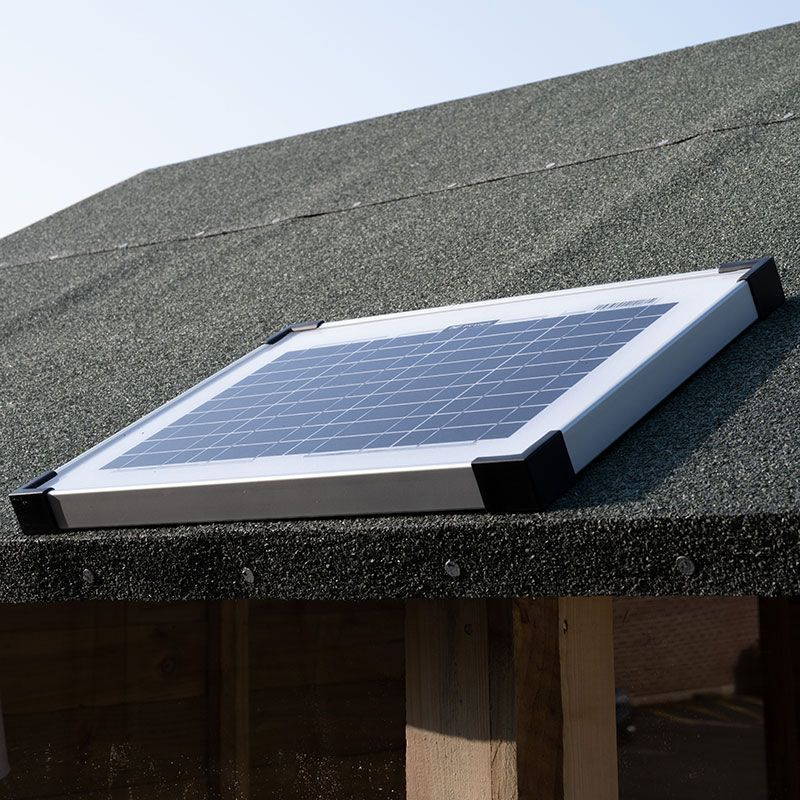

Off grid solar sheds
Embracing both sustainability and self-sufficiency, off grid solar sheds deliver both outdoor storage capability as well as renewable energy generation. Through the seamless integration of solar panels into their design, off grid solar sheds capture sunlight and convert it naturally into electricity. These sheds are a contributor towards off grid living and reduce the need for traditional energy supplies.
Sustainable garden furniture
The use of sustainable garden furniture is highly desirable in outdoor living spaces. These furniture pieces are made from eco-friendly materials like reclaimed wood, recycled plastics, and metal and all contribute to the protection of the planet’s precious resources.
Every bit as durable as traditional garden furniture, these are often treated with weather-resistant finishes to withstand the worst of the British weather! Weatherproofing contributes to the environment, as it extends the useful life of the sustainable garden furniture.
Wherever you can choose sustainable options for an equally comfortable and stylish outdoor space, which as you relax in comfort you will know you have done your little bit towards helping the environment.
Off grid vegetable gardens
Like most allotments, off grid vegetable gardens exemplify self-sufficiency in the production of food. Off grid vegetable gardens produce crops without dependence on external resources such as electricity or water.
By adopting practices such as rainwater harvesting, composting, and sustainable farming, homeowners will be able to create thriving off grid vegetable gardens. These produce fresh and nutritious food whilst not damaging the environment through long-distance food transportation.
Endnotes
We defined sustainability and discussed how human activities can positively impact the environment (interactions do not always need to be negative). By using resources wisely, we can practice sustainable living.
Self-sufficiency is important too with resource usage such as energy, clothing, food, etc., all ultimately being within our control. Talking of energy, the ultimate “going off the grid” is choosing to avoid using utility resources such as electricity, water, and gas. “Going off the grid” has many benefits, infact we listed twenty of them!
We discussed sustainable gardening and harvesting solar energy, both of which have a role to play. Ultimately the choice is yours, but adopting ideas within this article will help you in your pursuit of a sustainable lifestyle.
Contact options
For enquiries about sustainability, self-sufficiency, off grid living, and sustainable garden solutions, feel free to contact Buy Sheds Direct at 0333 003 0514.
Our expert team is here to assist you every step of the way. Access our live chat for instant text chat and explore options related to sustainable garden furniture, going off the grid, and off grid gardens. Send emails via our contact form on our contact page.

